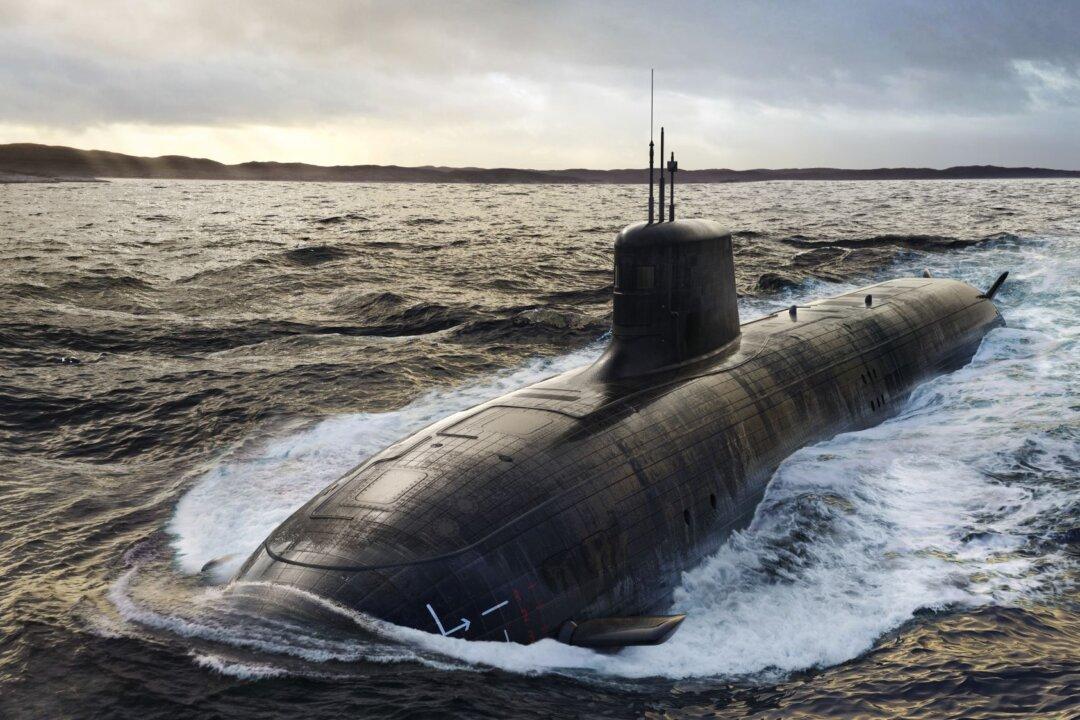Paul Farrow, the new leader of the right-leaning Australian Workers Union (AWU), has declared his union’s support for the trilateral AUKUS deal, saying that he will push back against the left’s attempts to oppose the $386 billion (US$257 billion) nuclear submarine deal.
This follows a warning from left-leaning former senator Doug Cameron, who said Prime Minister Anthony Albanese faces a contest at the national ALP conference in August over nuclear submarines, along with other issues such as “regressive” tax cuts and Palestine.





